By Dr. Rebecca Handford, ND
Naturopathic Doctor
As a naturopathic doctor, I promote life and health every day. Witnessing recent events such as Hurricanes Harvey and Irma, the Las Vegas massacre, and the wildfires of California, brings out a deep and urgent need to help heal, both myself and other people. So, I reached into my naturopathic tool kit to find things that can help, and I would like to share those tools, so that more people can heal from traumatic events. Please note that this is general advice and not to replace the advice and support of your health professionals.
“Energetic” Remedies
I will start with “energetic” remedies: homeopathy and Bach Flower Remedies. Energetic remedies are often dismissed as tools in trauma recovery, but I have found them to be incredibly effective.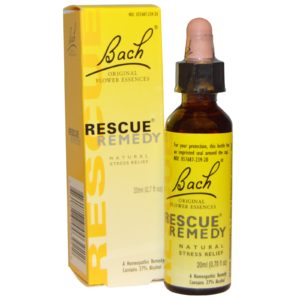
Aconite (Aconitum Napellus) is the chief homeopathic remedy for acute shock and PTSD. It helps with feelings of being “frozen with fear”, intense anxiety, overwhelming fear of death and the feeling that death is imminent, restlessness, night terrors and nightmares, and fear of being alone. It should be taken in high potency to match the intensity of symptoms.
Ignatia (Ignatia Amara or Iamara) is the chief remedy for fear, shock, grief and stress that is chronic, or has been going on for some time. People who need Ignatia often feel a lump in their throat, difficulty swallowing and do a lot of loud sighing. They often get ill after a shock, especially with upper respiratory infections such as bronchitis. They do not express their emotions easily, preferring to keep it inside.
Bach Flower Remedies were invented by Dr Edward Bach, an MD who created a set of flower-based homeopathics that are very gentle, aimed at mental and emotional symptoms only. Important Flower Remedies for PTSD include Rock Rose (for shock, recent trauma, feeling “frozen”), Star of Bethlehem (recent loss, shock, illness, accident from which you have not recovered, feeling numb and withdrawn) and Sweet Chestnut (suffering extreme anguish, feeling you are at the end of your resources without hope for the future). The most famous Bach Flower Remedy is Rescue Remedy, which is a commonly available combination of all the trauma and recovery remedies.
Supplements / Botanical Medicines
Supplements and botanical medicines are also very helpful in recovering from trauma. While there are many options available, here are some of the most important.
The B vitamins (B1, B2, B3, B5, B6, B12, folate, biotin, inositol) are implicated in nearly every biological process of the body. Trauma upregulates processes such as the “fight or flight response” which increase demands for all the Bs. A good quality B complex can be your best friend in times of trauma.
Magnesium is the number one mineral deficiency in North America. Essential to many enzymatic processes, the nervous system as well as increasing muscle relaxation, magnesium helps recovery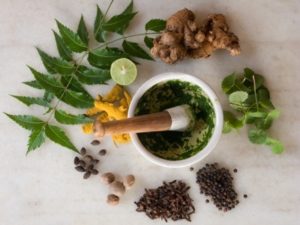 and allows for better sleep, as well as better blood sugar control which is often affected by the effects of trauma and stress.
and allows for better sleep, as well as better blood sugar control which is often affected by the effects of trauma and stress.
Adrenal support formulas containing herbs like licorice, ashwaganda, eleuthrococcus, schizandra, melissa, rhodiola are great supports for recovery from trauma. Non-vegetarians also benefit from adrenal glandulars, made from porcine sources. Other stress busters included in adrenal supports are Vitamin C and zinc which reduce the impact of trauma on the immune system.
Neurotransmitter supports are also helpful. GABA is a neurotransmitter which increases feelings of calm and reduces anxiety, and is available as a supplement. 5-HTP is a precursor to serotonin. Taurine, L-theanine, glycine and glutamine are other neurotransmitter components or affect neurotransmitter balance.
Probiotics are also essential when dealing with trauma and stress, especially chronic. Our “gut brain” is made up of as many neurons as the brain, and evidence is mounting as to their effects on mood, regulation of hormonal balance, detoxification. Trauma often leads to poor eating habits, either not eating or eating too much, and also has direct effects on gut permeability and inflammation.
Emotional Support & Self-Care
Another important component of recovery from trauma is mental-emotional work. Techniques like EMDR, cognitive-behavioural therapy, mindfulness-based stress reduction, body-centred psychotherapy such as Somatic Experiencing, have all been found to be effective for PTSD and related symptoms. Mental-emotional work can also involve kinetic processing, such as in Trauma-Aware Yoga, acupuncture or exercise. Exercise in natural settings has been found to be particularly useful in healing.
Self-care (proper meals, getting as much rest as possible, massage, connection with others and the larger community) is often neglected by the traumatized, and can be a great tool in helping heal.
Everybody’s experience of trauma is unique. Luckily, there are a myriad of tools that can be tailored to the individual to produce the most healing possible. I encourage you all to reach out to get support this week. Now I am off to my acupuncture session!
About the author
Dr. Handford believes everyone deserves the healthiest life possible, and recognizes that positive change is easier said than done. She asks her patients to “show up in their own lives”, and become active participants in their own healing. She supports her patients on their health journey with a tool kit that includes individualized nutrition plans, effective herbal and nutraceutical remedies including IV and injection therapies, movement, education, and counselling aimed at creating new, positive habits and beliefs. She can order both standard and specialized lab tests and prescribe most pharmaceuticals if necessary. This approach works for everything from improving general health to complex, chronic conditions.

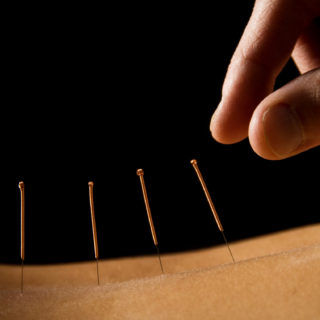

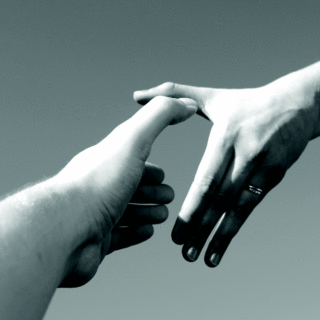

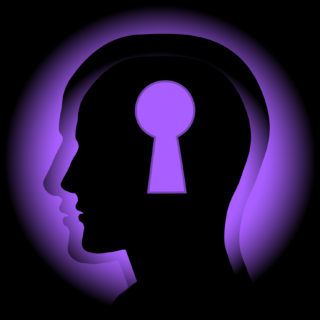


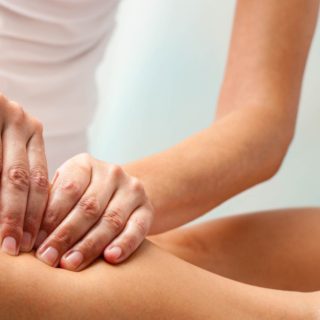
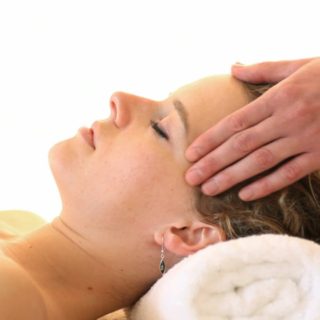

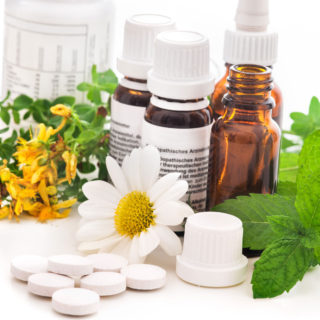






No Comments
Be the first to start a conversation